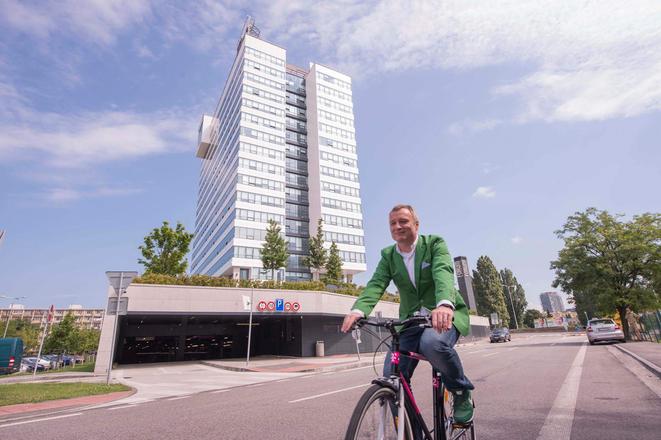When some children stuck at home due to school closures following the outbreak of the COVID-19 asked their mother what the world looked like when she was a child in the 1980s, she took their smartphones and turned off the internet. This simple demonstration shows how used to modern technologies we have become and how much they help us get through home isolation.
“Of course, the coronavirus epidemic touched us immediately, just like any citizen of this country, but we are proud that we are part of the solution,” Dušan Švalek, chief country officer for Slovakia at Slovak Telekom (ST), told The Slovak Spectator. “Without the possibility of remaining in touch, at least via a digital or virtual connection, going through the coronavirus epidemic would be much more difficult.”
Restrictions imposed by the government to stop the spread of the virus means that a dominant portion of the Slovak population is locked in their homes. Many children are learning online and employees with flexible jobs are working from home. This results in an increased pressure on the capacities of telecom operators and the robustness of their networks.
“So far we have withstood this pressure, but we as well as other telecom operators face another challenge – to harmonise our investment cycle with the economic one,” said Švalek.
Right when Slovakia, along with other countries across the globe, is expecting economic contraction, telecom operators operating in a highly regulated environment will need to invest in new technologies, like the anticipated arrival of the mobile network of the 5th generation, 5G.
A fully used challenge
Švalek was a student when the totalitarian regime in former Czechoslovakia was toppled in 1989.



 Dušan Švalek, chief country officer for Slovakia at Slovak Telekom (ST) (source: Courtesy of Slovak Telekom)
Dušan Švalek, chief country officer for Slovakia at Slovak Telekom (ST) (source: Courtesy of Slovak Telekom)


